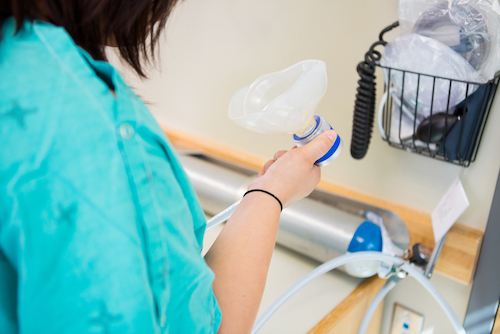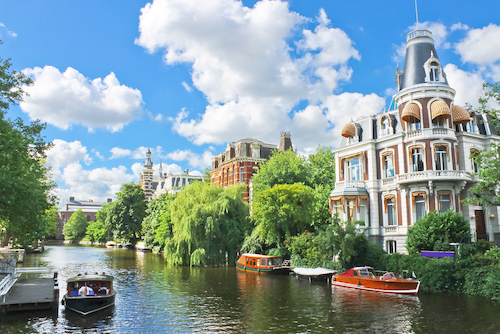Standards of dental care in the USA are particularly high, and dentistry in Europe — particularly in Britain — is the butt of many a joke by American comedians. If you are planning to move to the Netherlands but you are worried about whether you will receive the level of dental care you are used to, we have put together this brief guide to what to expect when you arrive.
How Much Does Dental Care Cost In The Netherlands?
Dental care will not be covered by your basic Dutch health insurance premium — it will need to be added as an optional extra. The only exception to this is for people under the age of 18, for whom all dental care is funded by the state.
Unlike pharmaceutical costs, the costs of dental care — from drugs to procedures — is regulated centrally by the government. Although costs may vary depending on the dentist you see and the insurer you have, they will not be allowed to charge more than the maximum amount set by the government for the procedure you are undergoing.
If you are used to going to the dentist on a regular basis, or if you have ongoing dental issues that you are concerned about, then it is definitely worth adding supplemental dental care to your insurance plan.
When you visit the dentist, they will explain any procedures that need to be done, and they should also give you an idea of the cost. General check-ups and visits to the hygienist should not set you back more than €50. If you need to have a procedure that will cost more than €250, you can request an official quote from the dentist, which you can then take to your insurer to find out how much you will have to pay for yourself, and how much they will cover for you. Dental treatments will usually need to be paid for upfront by you, and then reimbursed later by the insurance company.
Standards Of Dental Care
The standard of dental care in the Netherlands is high, with all dentists being required to have a university education specialising in dentistry and complying with government regulations when it comes to hygiene and procedures offered. Specialist procedures and treatments, such as orthodontics, will usually take place at a hospital rather than a dentist’s surgery.

The quality of dental care falls under the Individual Health Care Provisions Act, a national regulation which requires every dentist and hygienist to have a BIG registration number before they are allowed to practice. Checks are undertaken periodically to ensure that professionals are living up to the required standards.
Waiting times can be long for non-emergency procedures, with appointments sometimes not being available for up to two weeks. Before you register with a dentist, it is worth checking online and talking to people in your local area to see if there are any surgeries locally with particularly good (or bad!) reputations. In emergency situations, dentists are required by law to offer treatment within 45 minutes, so if you have lost a tooth or have experienced a fracture or luxation then you should be seen within this timeframe.
One of the main differences between dental care in the US and the Netherlands is the types and levels of medication available. In the US it is common for patients to be offered sedatives such as nitrous oxide, particularly if they are nervous about visiting the dentist. In the Netherlands you are much less likely to be given a strong sedative, although local anaesthetics are used for all in-depth procedures, including fillings, so you should not be able to feel the area the dentist is working on while they are performing the procedure.

If you require specialist treatment then you will need to visit either a hospital or a specialised medical centre for your needs. You cannot just make an appointment with these yourself: you will need to be referred by your regular dentist. Again, you will need to check how much of your treatment will be covered by your insurer, although dental surgery will always be covered.
Registering With A Dentist
The actual process of registering with a dentist is very easy, in theory. However, it can be difficult to find a dentist that is taking on new patients. Most dentists will advertise either on their website or in their surgery if they have vacancies, but it is often the case that you will have to go further afield to find someone who is able to register you. The Tandarts website lists all the dentists in the Netherlands, which should provide you with a starting point.
One complication for many expats is the language barrier. Although plenty of dentists speak English, particularly those based in cities such as Amsterdam which are very popular with expats, these often fill up their patient rosters very quickly and have long waiting lists for people who want to join.
If you do manage to register with a popular dentist, you may find that the waiting times for check-ups and non-emergency procedures are very long. For many expats, the choice between weighing up whether to see a dentist they like the sound of, versus a dentist with a much shorter waiting list, is not a straightforward one.
Once you have found a dentist who has vacancies, all you need to do in order to register is take proof of ID and your health insurance card with you to your first appointment, and the dentist will get you set up. They will also be able to answer any general questions about the costs of common procedures and how much will be covered by your insurance policy.
Would you like to share your experience of life abroad with other readers? Answer the questions here to be featured in an interview!

